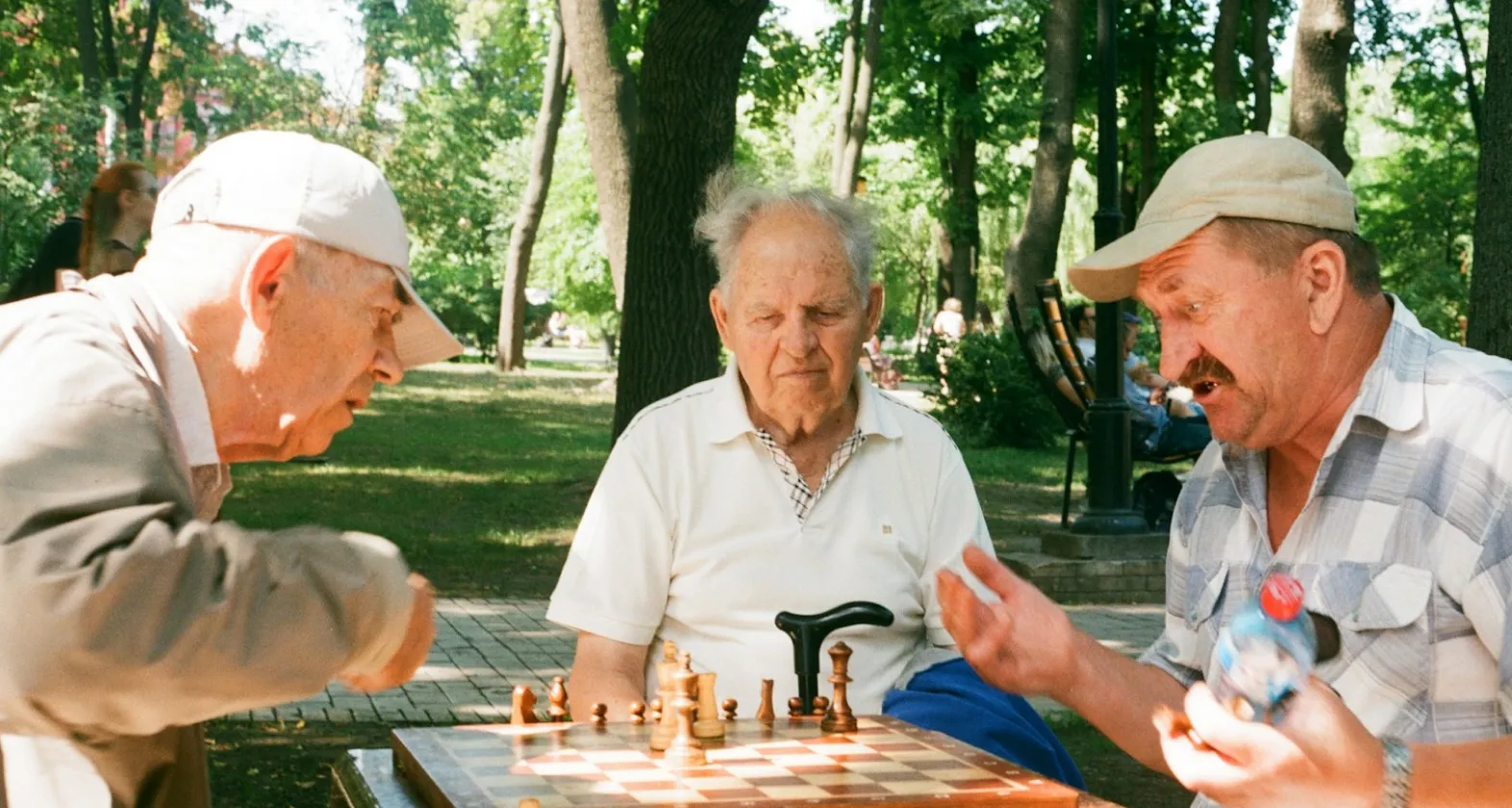Top Signs It’s Time for Senior Care Assistance
Recognizing when a senior loved one needs additional care can be challenging.


Recognizing when a senior loved one needs additional care can be challenging. Many families struggle with determining the right time to step in and seek professional assistance. However, there are clear warning signs that indicate it may be time for senior care support.
One of the most noticeable signs is difficulty managing daily tasks. If your loved one struggles with cooking, cleaning, dressing, or bathing, it may be a sign that they need assistance. Frequent falls or an increase in accidents around the home can also indicate that living alone is no longer safe. Additionally, cognitive decline, such as forgetfulness or confusion, can be a warning sign of dementia or other cognitive impairments.
Changes in hygiene and personal care habits can also signal that your loved one is struggling. If they wear the same clothes repeatedly, neglect grooming, or have an unpleasant body odor, they may be having difficulty with self-care. Furthermore, if they forget to take medications or take them incorrectly, this could have serious health consequences.
Social withdrawal is another significant sign. If your loved one no longer participates in activities they once enjoyed, avoids social gatherings, or appears lonely or depressed, they may benefit from a more engaging environment, such as an assisted living community. Mood swings, irritability, or signs of anxiety and depression should not be ignored.
Addressing these signs early can help ensure that your loved one receives the care they need to maintain their safety, health, and overall well-being. Whether through in-home assistance or a transition to an assisted living facility, recognizing these signs early can help families provide the best possible support for their aging loved ones.


